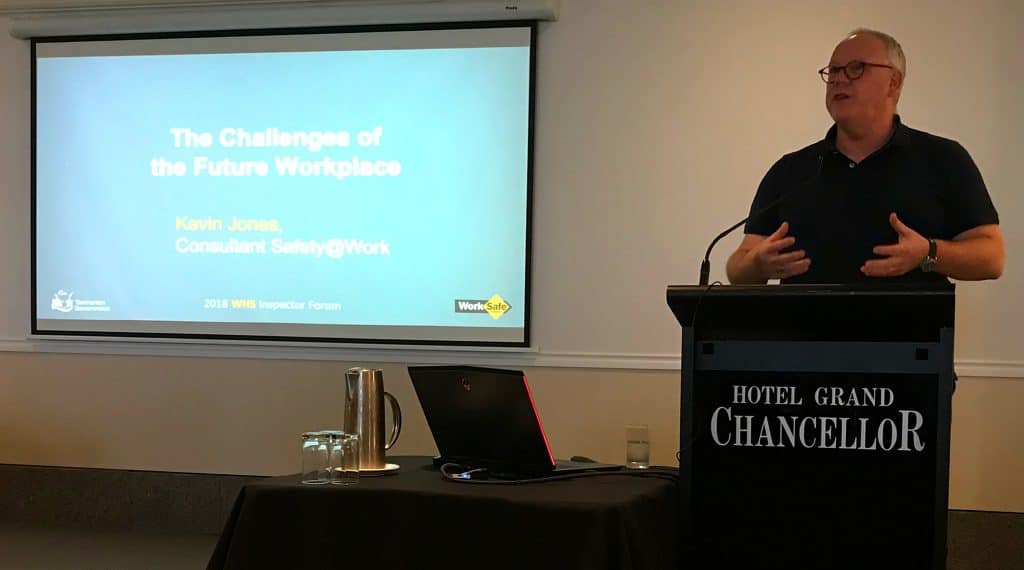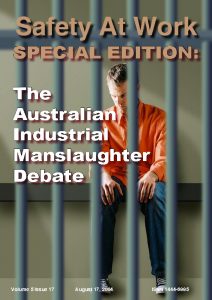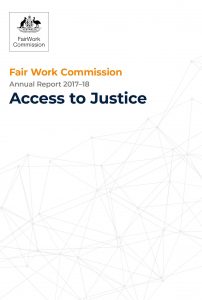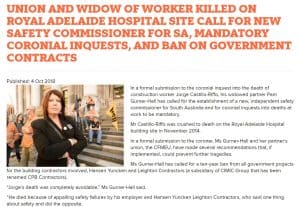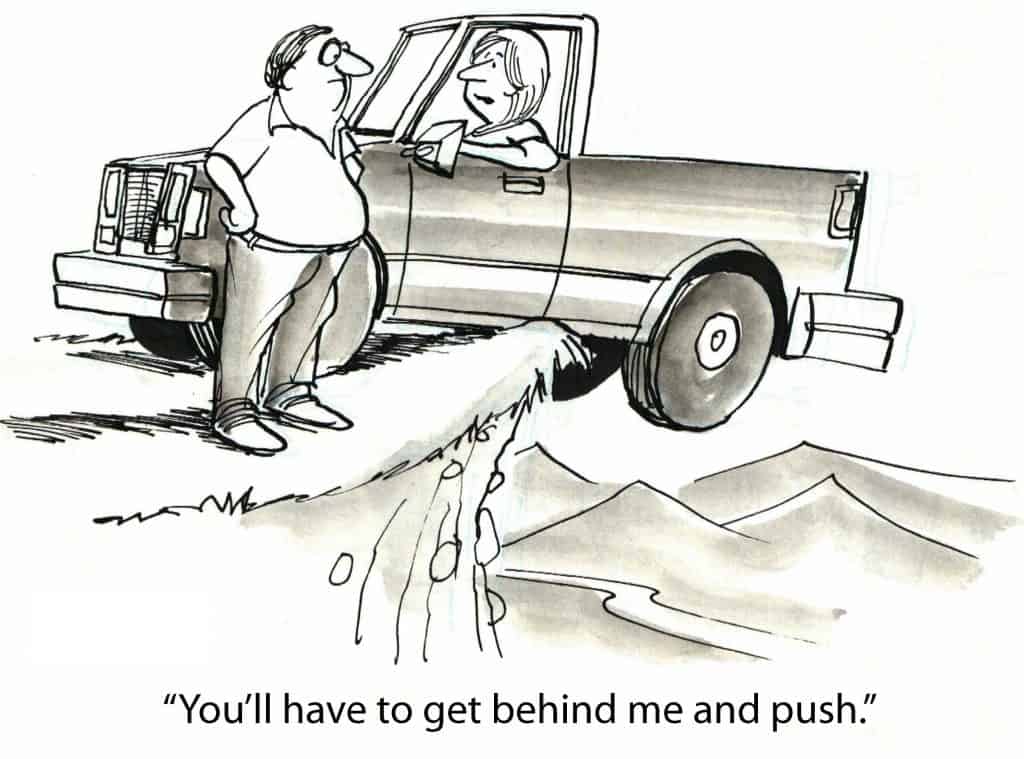
The reckless endangerment provision of Victoria’s Occupational Health and Safety Act 2004 is likely to be crucial to this year’s discussions on Industrial Manslaughter laws and the management of workplace health and safety more generally, particularly as Victoria’s Minister for Workplace Safety, Jill Hennessy, has announced an implementation taskforce that includes a Workplace Fatalities and Serious Incidents Reference Group.
Section 32 says:
“A person who, without lawful excuse, recklessly engages in conduct that places or may place another person who is at a workplace in danger of serious injury is guilty of an indictable offence and liable to—
(a) in the case of a natural person, a term of imprisonment not exceeding 5 years, or a fine not exceeding 1800 penalty units, or
both; and
(b) in the case of a body corporate, a fine not exceeding 20, 000 penalty units.”

